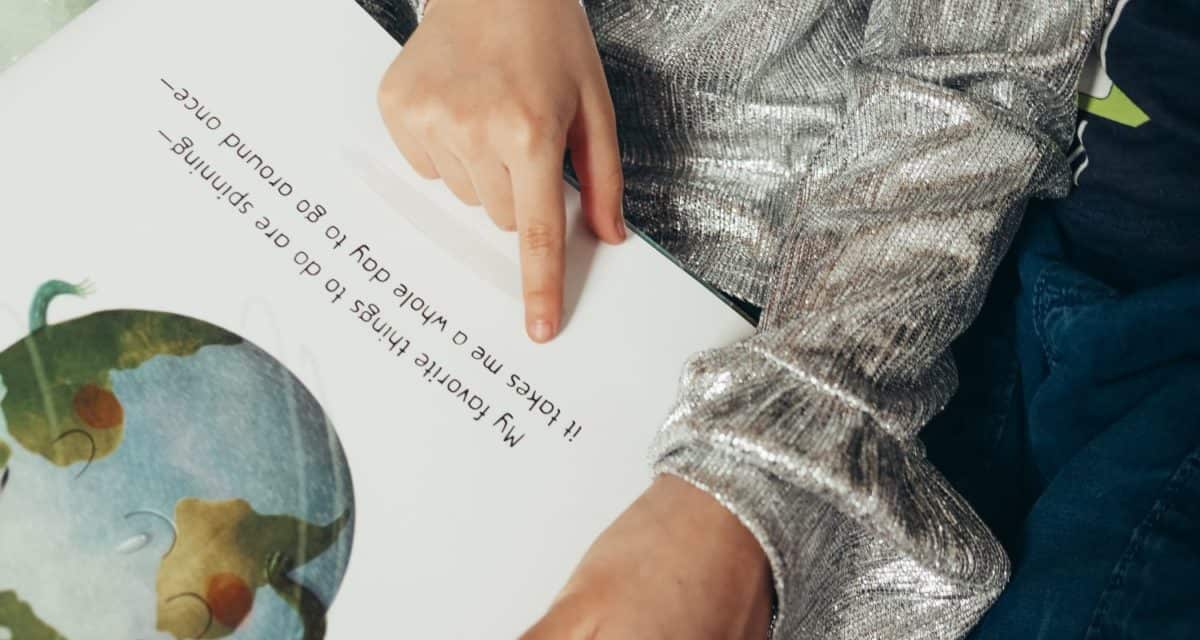- The Connection Between Hearing Loss and Dementia - July 30, 2024
- The Advantages of Rechargeable Hearing Aids - July 16, 2024
- How to Enjoy Music Festivals While Protecting Your Hearing - July 3, 2024
Even though we see a high level of participation in early screening levels for childhood hearing loss, some cases are likely sneaking by. A recent study conducted in Britain may help us identify factors which could help us better screen our children for instances of hearing loss.
Rates of hearing loss in children
According to the Centers for Disease Control and Prevention (CDC), almost fifteen percent of children between the ages of six and 19 years of age have low or high frequency hearing loss in one or both ears.
What causes childhood hearing loss?
We know that acquired hearing loss is most often caused by aging and exposure to excessive noise, showing up much later in life. As far as what causes troubled hearing in children, genetics are a primary cause of hearing loss in infants, accounting for nearly 50 percent of all cases. Infections in the mother during pregnancy, environmental attributes or post-birth complications are responsible for another 30 percent of the cases.
Study indicates that below average reading might indicate hearing loss
The British study consisted of 195 children between the ages of eight and 10 years of age. While none of the children had previously detected levels of hearing loss, they were demonstrating below-average performance in reading.
Through the investigations of these researchers, it was found that 25 percent of the children had mild or moderate hearing loss. One third of the kids experiencing challenges with reading ability had a history of repeated ear infections.
What can we learn from this study?
In addition to the protocols already in place for detecting hearing loss early in children, we should also use factors such as poor or delayed reading skills and repeated ear infections as cause to perform additional screening.
Helen Breadmore, the study’s report author, entreats that Current hearing screening procedures are not picking up these children and we would advise that children have their hearing tested in more detail and more often.”
How is hearing loss detected in children?
Among American states and territories, 98 percent of infants are screened for hearing loss as newborns. Federal guidelines recommend testing infants within one month of birth and no later than three months because it has been shown that early detection of hearing health problems helps to prevent the negative consequences of missing such an important piece of information.
As part of the effort to detect hearing loss early in children, each state has an Early Hearing Detection and Intervention program. These programs perform hearing screenings and provide intervention resources to kids with hearing loss and their families.
Children whose hearing loss is detected earlier in life are more likely to receive the proper instruction, resources and intervention that help them in both communication strategies and development of language.
Impacts of hearing loss in childhood
In a longitudinal study from the CDC, it was found that around forty percent of young people whose hearing loss was revealed in childhood said that they “[experienced] at least one limitation in daily functioning.”
As far as delayed reading skills, difficulty hearing classroom instructions may be a contributor to the lack of success and comprehension. What’s more, children with undetected hearing loss may have less basic language comprehension than children with healthy hearing.
It can also cause problems in social development, such as difficulty connection with other children and a sense of social isolation. It can also lead to a lack of confidence and a poor self-concept.
Consult an audiologist
There are hearing loss solutions, like hearing aids and cochlear implants, whose use can be implemented for young children with hearing loss. Additionally, children with hearing loss can also benefit from additional instruction or therapy in the communication realm. But we have to first be able to suss out when hearing loss is playing a role in a child’s life before intervention can begin.
If your child has experienced challenges with reading or social skills or if they have a history of repeated ear infections, you can make sure any potential hearing issues are identified by consulting an audiologist. School screenings are simply screenings and may miss important features of your child’s hearing health that can be immediately addressed through interventions like hearing assistive devices, support groups and other resources available for children with hearing loss.

